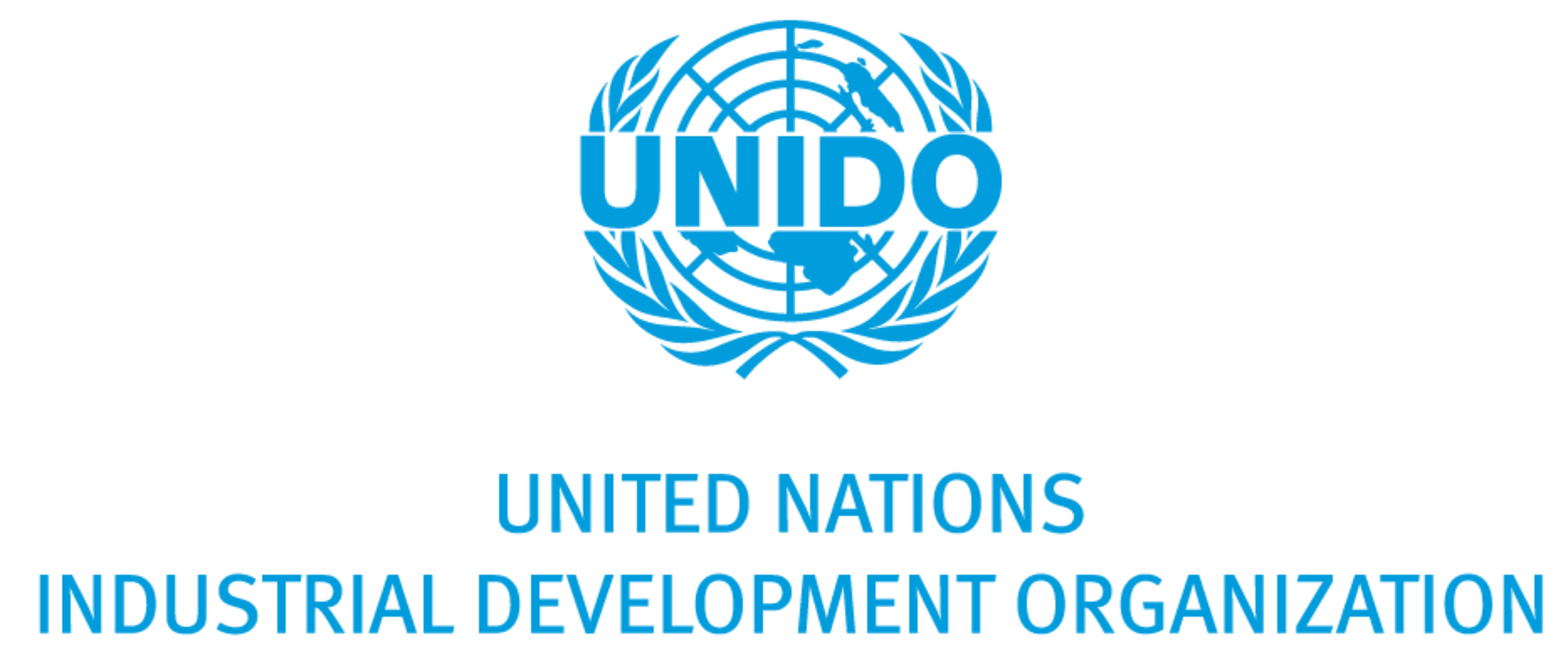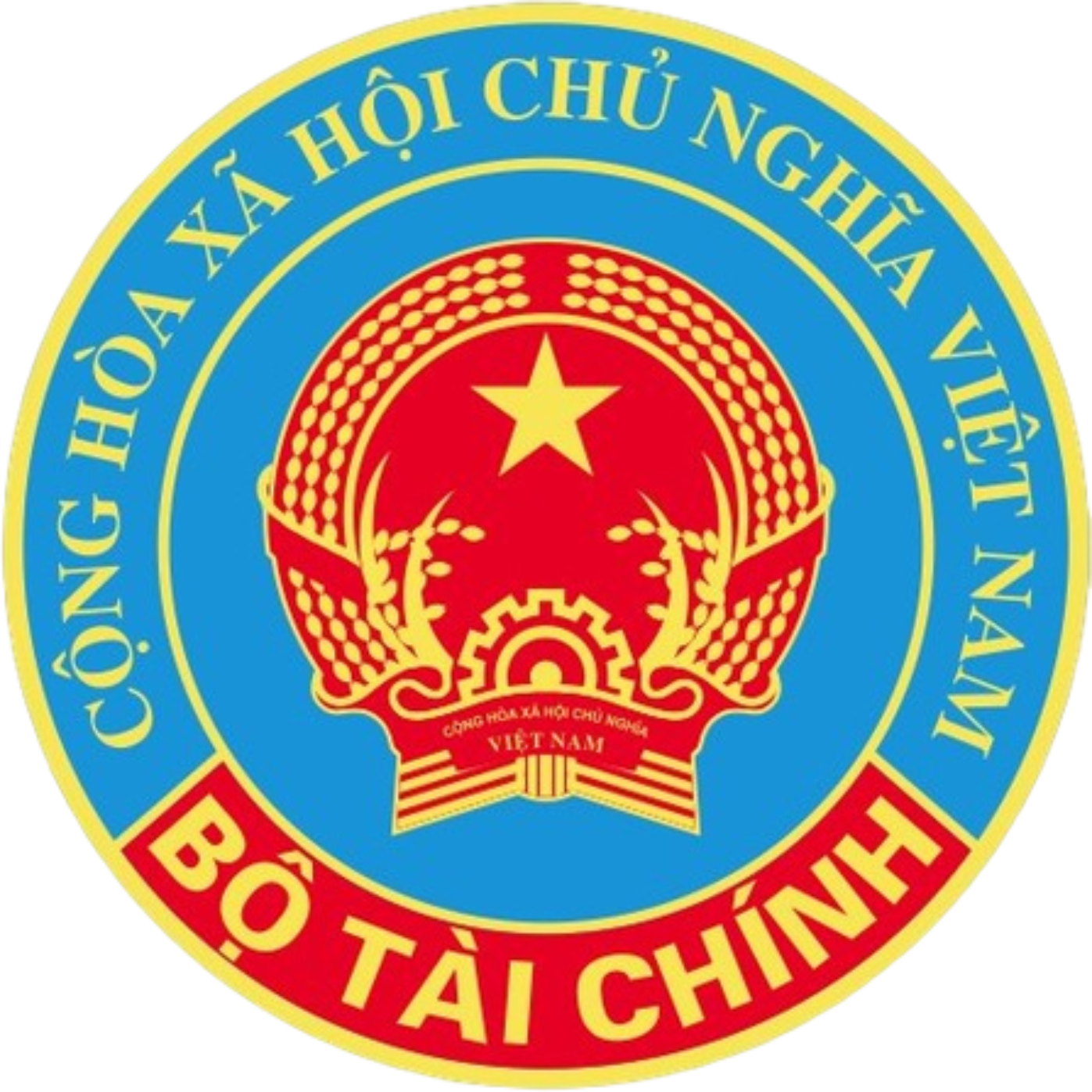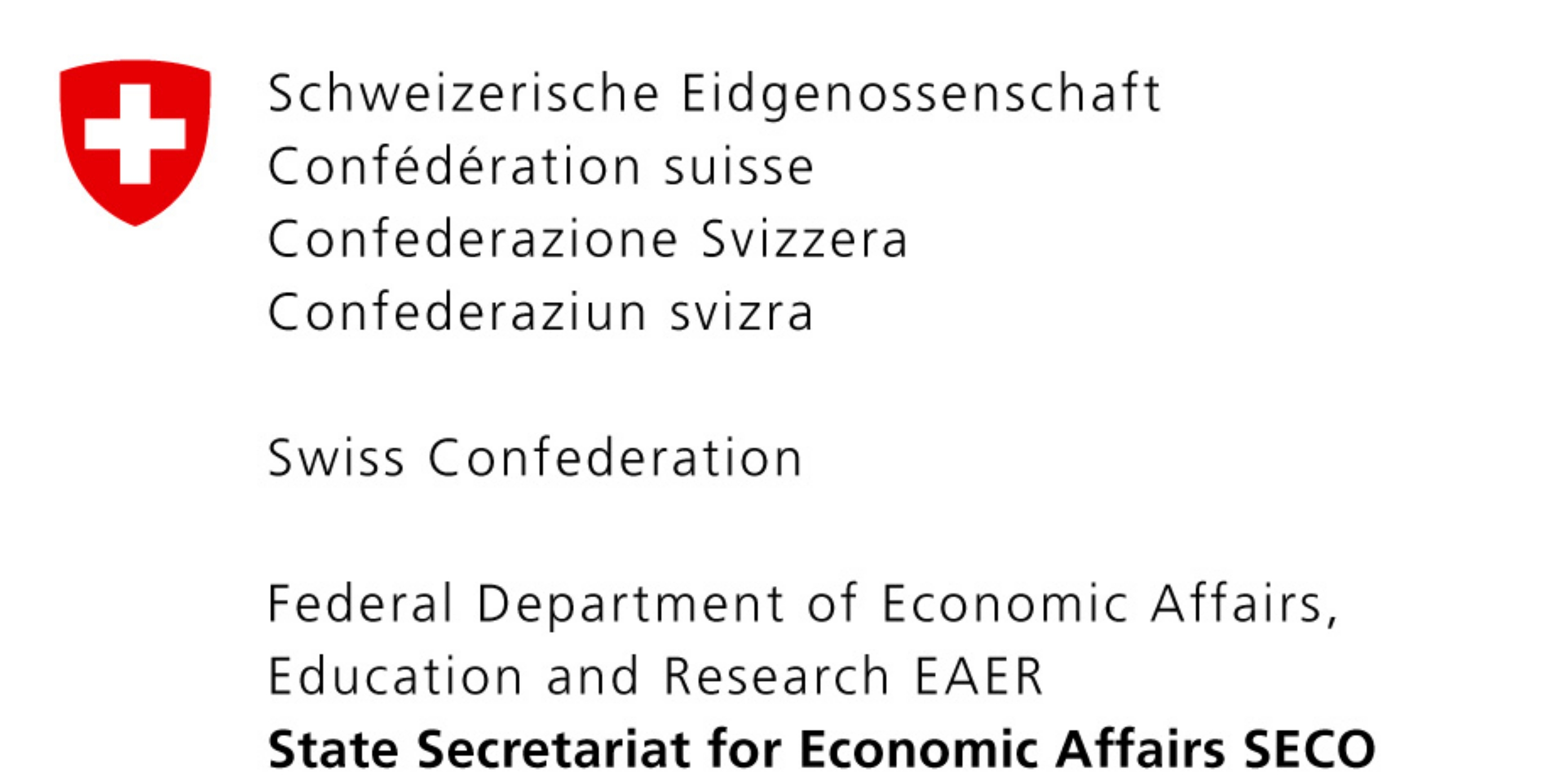Bac Ninh, 14 May 2025 – More than 90 participants from government agencies, local authorities, industrial zones, enterprises, and national and international experts joined the workshop "Strengthening capacity for Eco-Industrial Park Transformation at VSIP Industrial Park, Bac Ninh Province." The event was organised by the Project Management Unit of "Scaling Up Eco-Industrial Park Approaches to Promote Circular Economy in Vietnam" (GEIPP), under the Ministry of Finance, with funding from the Government of Switzerland through the State Secretariat for Economic Affairs (SECO), in collaboration with the United Nations Industrial Development Organization (UNIDO) and the Bac Ninh Industrial Zones Authority. The workshop marked the beginning of Bac Ninhs journey to transition its industrial parks to the eco-industrial model.
BAC NINH: GREEN DEVELOPMENT WITHOUT ENVIRONMENTAL TRADE-OFFS
In his opening remarks, Mr. Dinh Nam Thang, Deputy Head of Bac Ninh Industrial Zones Authority, emphasised: "Green development is a pillar in the provinces development strategy. Our consistent stance is that economic growth must not come at the cost of the environment. VSIP Bac Ninh was selected as a pilot for the EIP transition, which demonstrates our commitment to building a sustainable industrial model and enhancing the provinces reputation and standing in the national industrial landscape."
Bac Ninh currently has 16 planned industrial parks, of which 14 are operational. While industrial growth has been rapid, the province faces mounting pressure from increasing waste, emissions, and energy demand, leading to higher greenhouse gas emissions. The EIP development orientation has, therefore, been integrated into major provincial resolutions on green growth.
Speaking on behalf of the Ministry of Finance, Mr Hoang Anh Phu (Foreign Investment Agency) affirmed: "Developing eco-industrial parks is a crucial solution to achieve green growth, sustainable development, as well as meeting climate commitments we made at COP26. This model is now supported by national regulations, such as Decree 35 and Circular 05, and is fully aligned with our green growth strategies.
With strong support from the Swiss Government and UNIDO, several industrial parks across Viet Nam are already on the path to transition, applying solutions that reduce emissions and bring real economic and environmental benefits.
I truly believe that VSIP Bac Ninh, with its strong potential and the engagement of all stakeholders, can become a leading example in this journey—and a model that can be replicated across the province."
UNIDO | GEIPP VIETNAM DRIVES EIP IMPLEMENTATION
At the workshop, Ms Nguyen Tram Anh – National Project Manager of GEIPP Vietnam – provided an overview of Vietnams EIP transition journey and the benefits of participating in the project. GEIPP Vietnam has not only introduced the EIP framework but also directly supported implementation at both the park and enterprise levels.
Between 2020 and 2024, the project identified 949 EIP opportunities at 90 enterprises across four pilot industrial parks: DEEP C (Hai Phong), Hiep Phuoc (Ho Chi Minh City), and AMATA (Dong Nai). These opportunities resulted in environmental benefits (emission reductions, water and energy savings), improved production efficiency, lower operational costs, and enhanced enterprise competitiveness. The use of the International Framework for EIPs helped assess performance across four key pillars: park management, environmental, social, and economic dimensions. Results showed strong improvement in governance and social criteria at all pilot parks.
"Transitioning to EIPs is a global trend and a necessary solution to build a green industrial sector," Ms. Tram Anh emphasised. She also noted the increasing interest from international partners, such as the Swiss Government and the EU, an encouraging sign for enterprises to prepare for the shift.
VSIP BAC NINH: STRONG POTENTIAL FOR ECO-INDUSTRIAL PARK TRANSITION
Located at Dai Dong commune (Tien Du District) and Phu Chuan Ward (Tu Son City), VSIP Bac Ninh was established under Decision No. 676/TTg-CN by the Prime Minister on 04/06/2007. It currently hosts 119 secondary investors, comprising 97 FDI enterprises and 22 domestic companies, which provide jobs for thousands of workers.
According to the EIP 2.0 assessment, VSIP Bac Ninh meets 36 out of 64 indicators under the international EIP framework. The unmet or pending indicators highlight priority areas for improvement to support the parks EIP transition. The next steps involve engaging with tenant companies and identifying opportunities for industrial symbiosis and resource-efficient, cleaner production. The continued support from GEIPP Viet Nam will help VSIP Bac Ninh enhance its competitiveness and achieve long-term sustainable development.
DEEP C HAI PHONG: INSPIRATION FOR TRANSITION TO ECO INDUSTRIAL PARK.
A highlight of the workshop was the presentation of Ms Diep Thi Kim Hoan, Sustainable Development Director of DEEP C Hai Phong. In phase 1, 19 enterprises at DEEP C joined the project. Therefore, UNIDO/GEIPP identified 139 opportunities for RECP, 14 opportunities for Industrial Symbiosis (IS) and five opportunities for urban IS.
DEEP C has implemented 51 RECP initiatives and is pursuing 40 more. Notable practices included using recycled plastic for road paving, rooftop solar, composting organic waste into fertiliser, using dredged sludge as infill material, reusing treated water, and energy symbiosis.
"For sustainable development, every solution must deliver economic efficiency and tangible benefits for people and the environment," Ms Hoan stressed. She added: "Opportunities don’t wait – early movers will gain the advantage."
RECP & INDUSTRIAL SYMBIOSIS – THE FOUNDATION OF EIPs
Mr. Le Xuan Thinh, Director of VNCPC, introduced Resource Efficient and Cleaner Production (RECP), one of the three pillars of EIPs. RECP helps enterprises save costs, reduce pollution, and enhance competitiveness through resource optimisation, waste minimisation at source, and environmental integration into product design.
"Waste is, in fact, a resource. If properly utilised, it can become input material for new production processes, helping businesses reduce costs, minimise pollution, and accelerate the circular economy. Mr. Thinh emphasised.
Following that, international expert Mr. Ankit Kapasi delivered a presentation on industrial symbiosis and industrial collaboration. He explained that industrial symbiosis (IS) facilitates the creation of interconnected networks among enterprises within an industrial park, based on shared infrastructure, the exchange of input and output materials, and the joint use of services that support production and business operations.
These activities mirror the functioning of a natural ecosystem, where different components interact symbiotically to form a closed-loop system. By applying this model, industrial symbiosis helps enhance production efficiency and reduce environmental impacts. Mr. Ankit also highlighted successful IS models already implemented in Viet Nam—for instance, the shared use of a boiler by three companies in Tra Noc Industrial Park (Can Tho) and the recovery of biogas from a brewery for use as fuel in the boiler of an energy service company—clearly illustrating the economic and environmental benefits of industrial symbiosis solutions.
UNIDOs COMMITMENT
In her closing remarks, Ms. Adriana Alzate, GEIPP International Coordinator, emphasised that the success of EIPs depends on close collaboration among all stakeholders and a strong, long-term commitment. She acknowledged the efforts of government agencies, enterprises, and investors through capacity-building initiatives, policy dialogues, and technical assistance, all of which were supported by the project.
UNIDO reaffirmed its commitment to accompany Bac Ninh province and VSIP Bac Ninh in capacity-building, technical support, and concrete implementation. In the next phase, the project will focus on conducting RECP assessments, identifying symbiosis opportunities, organising advanced training, and gradually supporting VSIP Bac Ninhs full transition to the EIP model.




